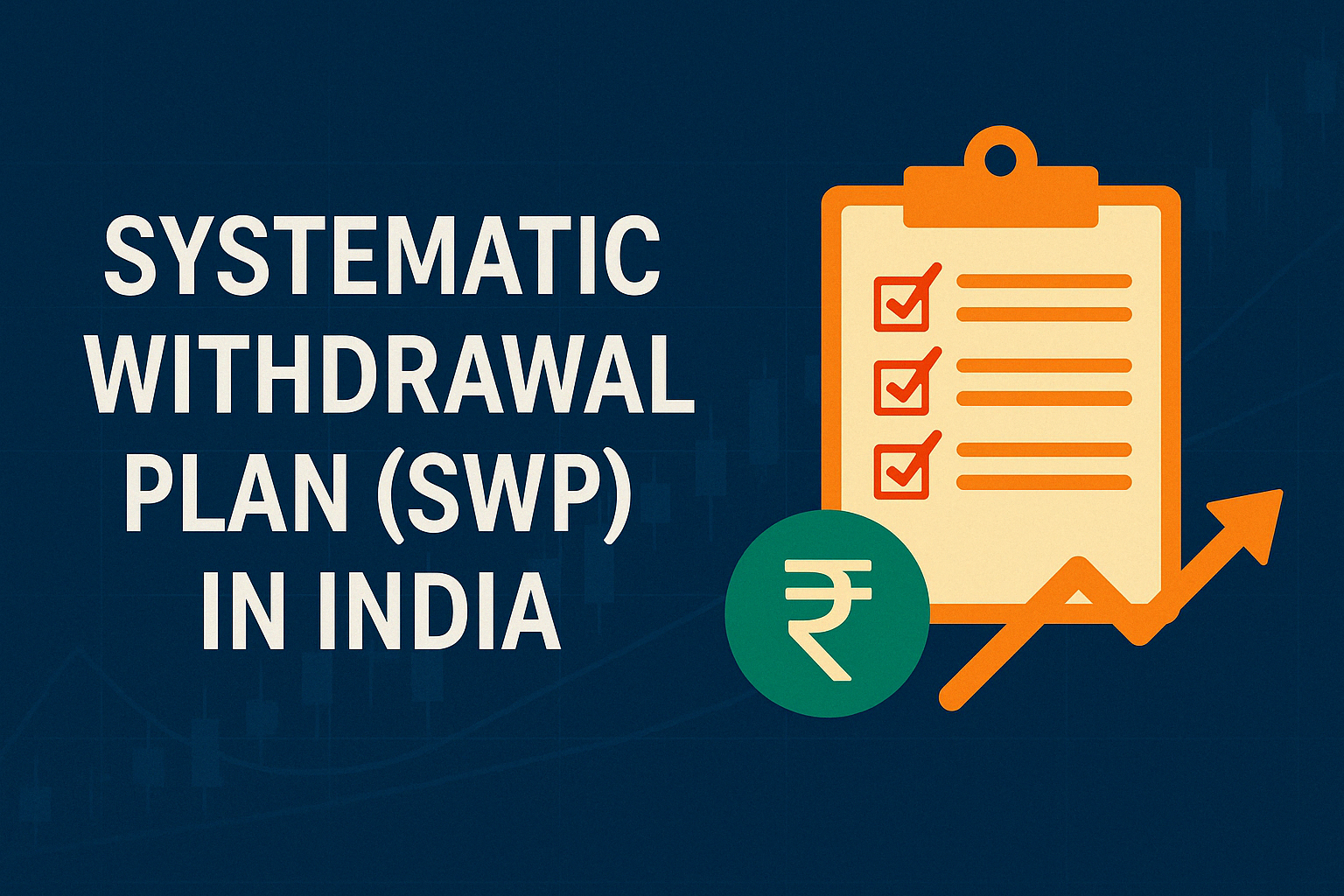10 Brilliant Money Saving Tips Every Indian Must Know

In a world of rising expenses, fluctuating fuel prices, and tempting online sales, saving money feels tougher than ever. But here’s the truth: You don’t need to earn more you just need to manage smarter.
With these brilliant money saving tips, specially tailored for Indian households, students, salaried professionals, and homemakers you can take charge of your finances without giving up on your lifestyle.
Let’s dive into practical, doable, and highly effective ways to save money—starting today.
1. Track Every Rupee Like a Hawk
Why it works: You can’t save what you can’t see.
Most Indians don’t realize how much money slips away in tea breaks, OTT subscriptions, or cab rides. Start using free apps like:
- Walnut
- Money Manager
- Google Sheets
Tracking even the smallest spend builds awareness—and that’s the first step toward savings.
2. Follow the 50-30-20 Rule
A global budgeting technique adapted well to Indian incomes.
- 50% for needs (rent, groceries, bills)
- 30% for wants (shopping, eating out)
- 20% for savings and investments
💡 Pro Tip: Automate the 20% savings portion to a separate bank account or mutual fund SIP.
3. Cut Down on EMI Traps
Banks love offering zero-cost EMIs, but they often come with hidden processing fees or tempt you into unnecessary purchases.
Before you swipe that card:
- Ask: “Do I really need this?”
- Choose interest-free periods only if it’s a true necessity.
Avoiding lifestyle inflation is one of the best money saving tips you can adopt.
4. Master the Art of Smart Grocery Shopping
For Indian households, monthly grocery bills are a major expense.
Here’s how to save more:
- Buy in bulk for items like rice, flour, dals—go wholesale!
- Use apps like BigBasket, Blinkit, or Jiomart during sales.
- Compare prices on offline kirana stores vs online deals.
And always, make a list before you shop.
5. Use Credit Cards… Like a Pro
Credit cards aren’t evil—bad usage is.
Smart card usage gives you:
- Cashbacks on groceries and travel
- Reward points convertible to vouchers
- Interest-free periods up to 50 days
Just remember: pay in full before the due date. Never revolve credit.
6. Unsubscribe From What You Don’t Use
That ₹149/month OTT app or ₹499 gym membership you rarely use?
Cancel it.
Review:
- Streaming services
- Online courses
- Magazine subscriptions
- Cloud storage plans
These silent money suckers add up over time.
7. Use Digital Wallets, Coupons, and UPI Offers
Apps like Paytm, PhonePe, Google Pay, and Cred offer discounts and scratch cards that actually work.
Also:
- Download coupon apps like CashKaro, GrabOn, CouponDunia
- Shop via affiliate cashback sites
Every ₹10 saved is money earned.
8. Invest in Financial Literacy
Spending ₹200 on a money book or 30 minutes on a finance YouTube video can return lakhs in savings.
Learn about:
- Budgeting
- Compounding
- SIPs
- Insurance basics
Use free Indian platforms like:
- ET Money
- Groww Academy
- Zerodha Varsity
This is the most underrated money saving tip out there.
9. Do It Yourself (DIY) Wherever Possible
From home repairs to birthday gifts, Indians are pros at jugaad!
- Cook at home instead of ordering
- Learn basic car/bike maintenance
- Personalize gifts instead of buying expensive ones
Small acts of self-reliance = big savings over time.
10. Start a SIP—Because Saving is Good, but Growing Money is Better
Saving is the beginning. Investing is where the magic happens.
Start a Systematic Investment Plan (SIP) with as little as ₹500/month. Pick mutual funds or ELSS schemes (tax-saving).
Apps like:
- Groww
- Zerodha Coin
- ET Money make it beginner-friendly.
This habit alone can transform your financial life over the next 10 years.
🧠 Final Thoughts: Smart Money Saving Tips for a Secure Indian Future
India is changing fast—digital payments, rising lifestyle costs, and easy credit are the new normal. But smart financial habits can anchor you in any storm.
By adopting these 10 money saving tips, you’re not just pinching pennies—you’re building a future of freedom and peace of mind.
“The goal isn’t to save money. The goal is financial independence.”
📌 Quick Recap: 10 Money Saving Tips in India
| Tip | Summary |
| 1. Track Expenses | Use apps to monitor every rupee |
| 2. 50-30-20 Rule | Spend smartly, save consistently |
| 3. Avoid EMIs | Say no to lifestyle inflation |
| 4. Grocery Hacks | Compare prices and buy in bulk |
| 5. Credit Card Wisely | Maximize rewards, avoid debt |
| 6. Cancel Unused Services | Audit your monthly expenses |
| 7. Use Coupons & Offers | Make the most of apps and UPI |
| 8. Financial Literacy | Learn money to earn money |
| 9. DIY More | Save by doing small tasks yourself |
| 10. Start SIPs | Grow your savings with mutual funds |
FAQs: Money Saving Tips in India
Q1. What is the best way to save money monthly?
Start by automating 20% of your income into a savings/investment account right after payday.
Q2. Are credit cards bad for saving money?
No, if used wisely. Pay full dues on time and leverage cashback offers.
Q3. Which app is best for tracking expenses in India?
Walnut, Money Manager, and ET Money are top choices.
Q4. Is SIP better than saving in a bank account?
Yes. SIPs offer market-linked returns which can beat inflation, while bank accounts offer low interest.
Q5. How much should I aim to save every month?
Start with 20% of your monthly income. If possible, increase it gradually to 30% or more.










